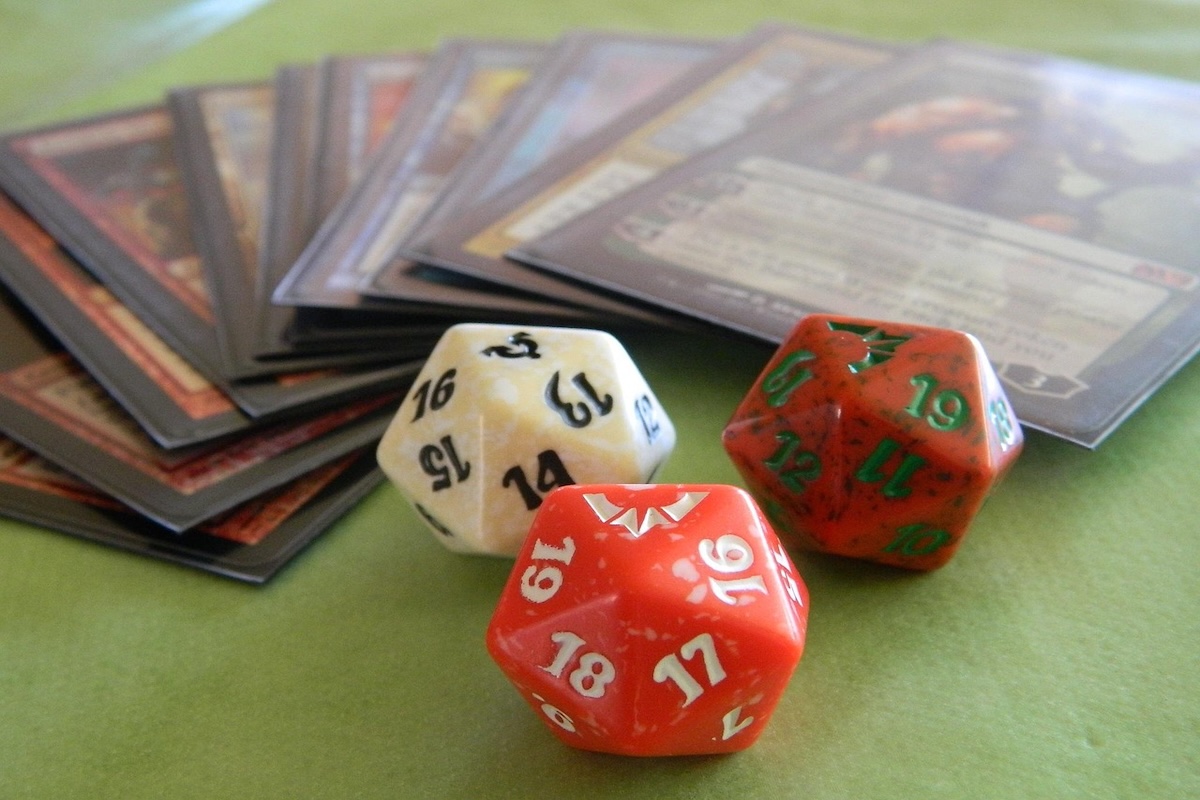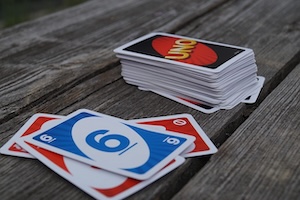
For many, tabletop gaming starts with a casual visit to one of the collectible card stores near me, a curious glance at a starter set, or maybe a childhood memory of battling it out with friends over yugioh cards nz. What begins as simple entertainment often evolves into a lasting passion—one that extends well beyond play. Tabletop gaming, in its many forms, nurtures community, sparks creativity, sharpens minds, and brings people together in a world that’s increasingly digital and disconnected.
At first glance, board games, card games, and tabletop role-playing games (RPGs) might seem like mere pastimes—ways to fill time on a rainy afternoon or spice up a social gathering. But those who dive deeper soon realise that the world of tabletop gaming offers something much richer. It’s a cultural movement, a creative outlet, and a lifelong learning platform disguised as fun.
One of the most immediate impacts of tabletop gaming is its power to connect. Unlike digital games, where players are often separated by screens and headsets, tabletop experiences bring people face-to-face. They sit around the same table, read body language, share laughs, strategise aloud, and learn how to win or lose graciously. In a society where loneliness and isolation are rising concerns, the simple act of gathering to play can be profoundly grounding.
Gaming also strengthens relationships. Whether it’s friends who’ve been playing the same RPG campaign for years or families who carve out Sunday afternoons for board games, these shared rituals create bonds that grow deeper with every roll of the dice or shuffled deck. The table becomes a space of memory-making, storytelling, and sometimes even healing.
 Beyond social connection, tabletop gaming fosters personal growth. Strategy games sharpen logic and planning. Role-playing games encourage empathy, improvisation, and communication. Card games train memory and pattern recognition. These aren’t just mental exercises—they’re cognitive workouts, often disguised in colourful cards and clever mechanics. Players develop skills in negotiation, resource management, teamwork, and creative problem-solving—all of which carry into real-world situations.
Beyond social connection, tabletop gaming fosters personal growth. Strategy games sharpen logic and planning. Role-playing games encourage empathy, improvisation, and communication. Card games train memory and pattern recognition. These aren’t just mental exercises—they’re cognitive workouts, often disguised in colourful cards and clever mechanics. Players develop skills in negotiation, resource management, teamwork, and creative problem-solving—all of which carry into real-world situations.
For younger players, these games are even more formative. Children who learn to follow complex rules, take turns, and think ahead build a foundation of executive functioning that supports academic and personal success. They also experience the emotional lessons of competition: resilience in loss, humility in victory, and the importance of fair play.
Creativity is another core strength of tabletop gaming. RPGs like Dungeons & Dragons, for example, turn players into co-authors of unfolding stories. They invent characters, make moral decisions, and shape fantastical worlds through imagination. This kind of open-ended play is a powerful creative outlet, especially for those who might not see themselves as “creative types” in traditional settings. Even strategy-heavy games often require narrative thinking, world-building, or artistic appreciation of game design.
The hobby also opens the door to a wide range of personal projects. Some players paint miniatures with museum-level detail. Others design custom board games or write their own adventures. Collectors meticulously organise card binders, hunt for rare editions, and engage in deep research around lore and game mechanics. These pursuits aren’t just hobbies—they’re extensions of identity and self-expression.
In addition to its personal and social benefits, tabletop gaming supports local economies and creative industries. Independent game designers, artists, writers, and small publishers all find a platform through the hobby. Game cafés and stores aren’t just retail outlets—they’re community hubs where events, tournaments, and meetups foster meaningful interaction. Supporting these spaces contributes to a culture that values face-to-face connection and artistic innovation.
Cultural diversity is increasingly visible within the tabletop scene as well. Games are being created that explore non-Western mythologies, celebrate inclusive representation, and tell stories from underrepresented perspectives. Players from all backgrounds are finding space at the table, both literally and figuratively, which enriches the entire gaming community.
In a broader sense, tabletop gaming offers something vital in our hyperconnected world: intentional slowness. Where apps and feeds are designed for speed and short attention, a tabletop game demands focus, patience, and sustained interaction. Players must slow down, stay present, and engage deeply with a single task. This mindfulness is part of the appeal—and perhaps part of why the hobby has grown steadily in recent years.
And then there’s the simple joy of play. Adults, in particular, often forget how valuable it is to play without purpose. In a culture that prizes productivity, making time for leisure that isn’t goal-oriented can feel indulgent. But play nourishes the spirit, reduces stress, and reminds us of the joy in exploration and experimentation. Tabletop gaming reintroduces that sense of wonder—whether you’re a knight on a quest, a detective solving a mystery, or a tactician fending off an alien invasion.
As more people discover the world of tabletop games, its reach continues to expand. Games are more accessible than ever, thanks to online tutorials, starter kits, and inclusive communities. There’s a place at the table for every age, background, and skill level. Whether you’re collecting cards, painting miniatures, building characters, or simply learning a new game with friends, you’re taking part in something meaningful.
So, while it might begin with a starter deck or an impulse buy, tabletop gaming quickly becomes much more. It’s a platform for expression, learning, and connection. It’s a space where people build stories, forge friendships, and expand their imaginations. And in a time when distraction is everywhere, sitting down for an uninterrupted game might just be one of the most rewarding things you can do.
Because at its best, tabletop gaming isn’t just a hobby. It’s a lifestyle, a community, and a reminder that the most powerful kind of play is the kind that brings people together.
